When your cardiologist wants to assess your heart health, you may be referred for an echocardiogram (also known as an echo). This could be for general reasons or because you have a history or symptoms that suggest an underlying heart problem.
We perform hundreds of these comprehensive and noninvasive procedures each year. We use the latest echocardiogram technologies to obtain the vital heart data your doctor needs to plan your next steps with you.
How does an echocardiogram work?
During an echo, an ultrasound transducer (a microphone-like object) is moved over the heart. The transducer emits ultrasonic sound waves at a frequency too high to be heard.
When the transducer is placed on a patient’s chest at certain locations and angles, the sound waves pass through the skin and other body tissues to the heart. These harmless waves bounce or “echo” off these structures.
The transducer also picks up the reflected waves and sends them to a computer, which interprets the echoes into images of the heart walls and valves. These images help the cardiologist evaluate the heart’s function and structures.
Additional echocardiogram technologies
Transesophageal echocardiogram (TEE): This is another type of echo. A small transducer is passed down the esophagus (the tube through which food passes to the stomach) to provide a clearer image of heart structures.
Are you a good candidate for an echocardiogram?
Having relevant, real-time information can help your doctor make the most accurate assessments of your overall heart condition, determine if you need treatment and, if needed, guide the best course of treatment.
The first step is to undergo a thorough cardiovascular evaluation. During this exam, your cardiologist will learn more about your medical and family history and be able to address any current symptoms you may be having. From there, an echo may be recommended.
Call to schedule an appointment with an Adventist Health Northwest Heart Center cardiologist:

